School may be back in session, but learning begins long before the student enters the classroom.
Check out these resources and explore how families, libraries, and the community are vital to students’ education, no matter what age.
Search the South Carolina State website.
SmartSearch+ searches the A-Z list of our databases and connects you to both Discus and State Library resources.
Search the shelves of 20 library systems statewide, or visit SCLENDS to browse or use the advanced search.
School may be back in session, but learning begins long before the student enters the classroom.
Check out these resources and explore how families, libraries, and the community are vital to students’ education, no matter what age.
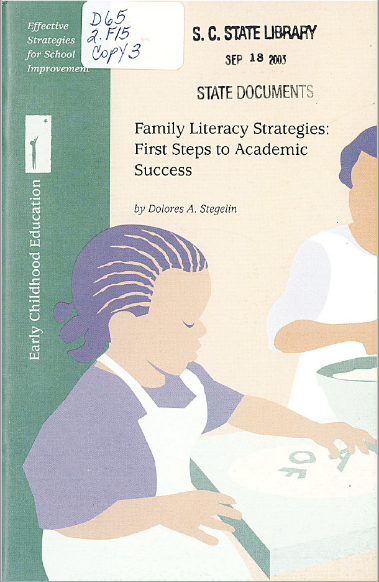
There is no more important topic than family literacy in today’s world, where some children enter school with literally thousands of hours of “instruction” in reading and writing while others have never seen a book or a pencil. The Literacy Learning Gap is huge, and rarely can school literacy programs close it. Dr. Stegelin presents a treasure house of ideas and strategies to help all families engage in meaningful literary activities.
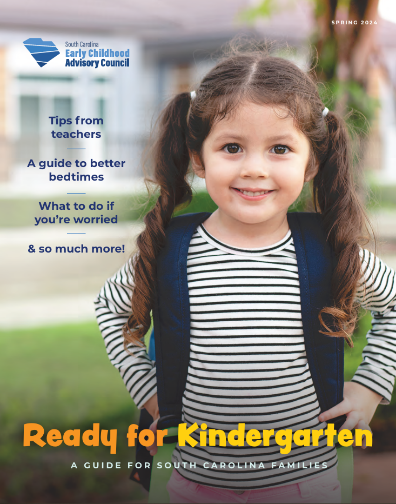
The 2024 Ready for Kindergarten: A Guide for South Carolina Families, designed and distributed by South Carolina Early Childhood Advisory Council, provides families with useful information and simple tips to prepare children for a successful transition to school. The guide describes 60 developmental milestones for rising kindergarten students including a School Readiness Checklist, a Guide to Better Bedtimes, Simple Tips for Reading Together with your child, Learning at Home and much more.
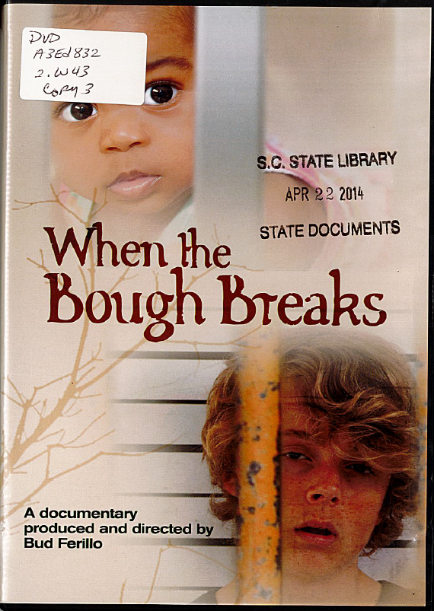
This documentary addresses the state of literacy in South Carolina, reporting on the continuum of literacy in the life of a child and the consequences of not placing focus on the language development and reading skills of children. Pediatricians, reading teachers, and interventionists outline their strategies in teaching infants and early school age children literacy strategies at much earlier ages. Dr. David Walsh, Jr., a nationally renowned psychologist and author introduces the film with his findings on brain development through exciting advances in neuroscience that prove the value of early childhood reading initiatives and the importance of caring adults in the lives of children. Pat Conroy contributes a brief essay on reading and teaching to the film.
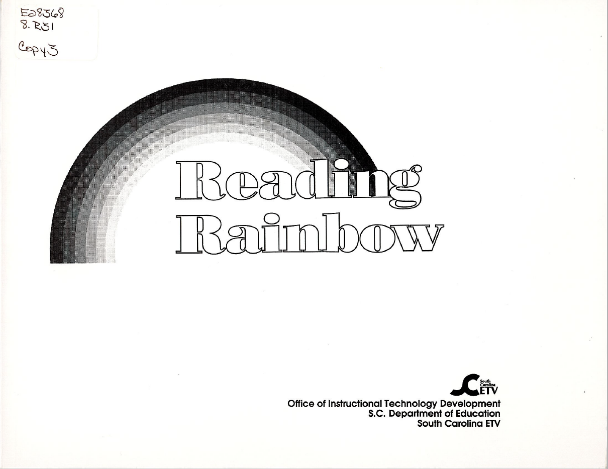
Reading Rainbow (1983-2006) is an educational series designed to encourage and motivate young children to read good books and visit their local libraries. The Reading Rainbow Teacher’s Guide is designed to offer teachers and librarians a wide variety of activities that extend each program theme.
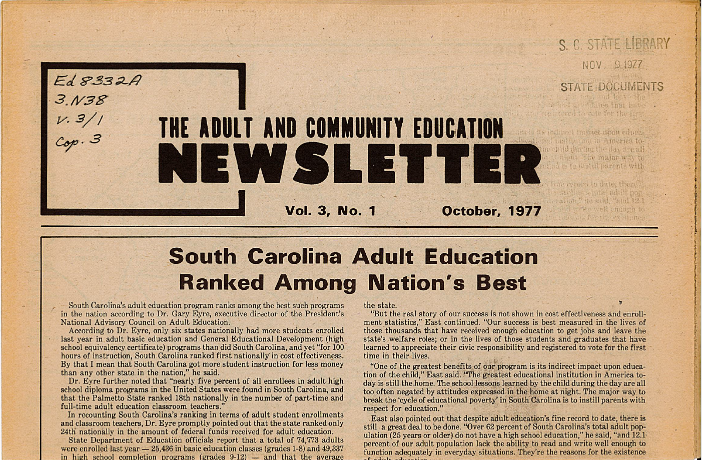
In the October 1977 issue of The Adult and Community Education Newsletter, South Carolina’s adult education program was noted as one of the best programs in the nation according to Dr. Gary Eyre, executive director of the President’s National Advisory Council on Adult Education. Explore the state of adult education in South Carolina with this resource!
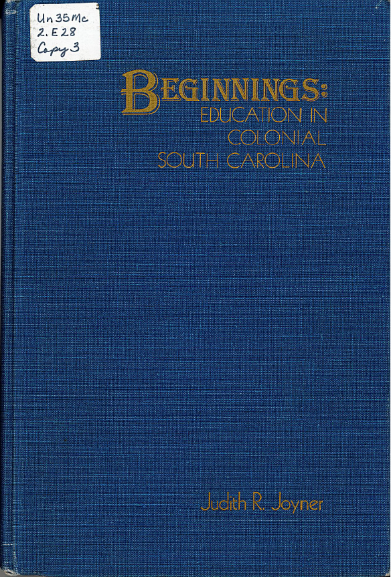
In this book, Judith R. Joyner focuses on the early evolution of South Carolina’s public-school system. Currently, the term “public” connotes educational institutions that are both publicly supported and publicly controlled. Over a period of 200 years, the state maintained public school that were under the control of the government while, at the same time, it acted as a sponsor and/or contributor to private school in order to accomplish public purposes. Understanding this transitional arrangement of public-private education within the existing social order is essential to an enlightened view of the forward movements, the retreats, and the victories that have been a part of South Carolina’s struggle to create and maintain a system of universal public education.